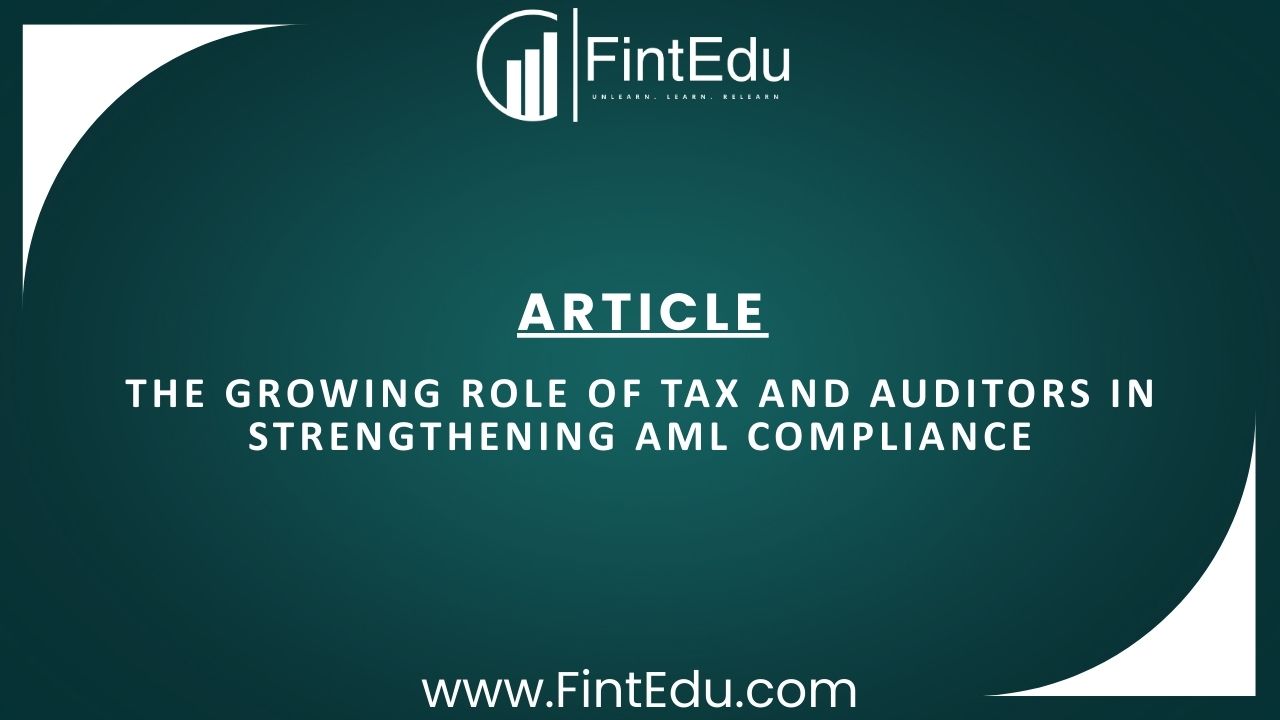LISTEN TO THIS ARTICLE
Businesses often bundle goods and services together as part of their strategy to enhance customer satisfaction and improve sales. However, it is crucial to understand how such combinations are treated under the UAE VAT law. The concept of composite supply plays a vital role in determining how VAT is applied when multiple goods or services are supplied together.
This article breaks down the key elements of composite supply under the UAE VAT regulations.
What is a Composite Supply?
A composite supply refers to the provision of two or more goods or services that are naturally bundled together and sold as a single transaction. A key characteristic of composite supply is that one of the goods or services must serve as the principal supply, while the others are incidental or supplementary to it. The primary component is the main reason for the transaction, while the secondary components enhance the delivery of the principal supply. For example, an airline ticket that includes access to in-flight meals or a business-class lounge is a composite supply.
Key Requirements for Composite Supply
To determine if a supply is composite, certain conditions must be met, viz.:
1. Bundling of Goods and Services: The goods or services should be provided as a package, and they must be naturally bundled together due to their nature or business practice.
2. Principal and Incidental Supplies: A composite supply must consist of one principal supply, with the other components being incidental. These supplementary components are not an end in themselves but exist to support or enhance the principal service.
3. Single Supplier: All components of the composite supply must be provided by a single supplier. This means that the entire bundle of goods or services is offered as one cohesive package by the supplier.
4. No Separate Pricing: The price of the individual components in the composite supply is not itemized separately. Instead, the entire package is charged as one price to the customer, reflecting the inseparability of the goods or services provided.
If these conditions are met, the entire package will be treated as a single supply for VAT purposes.
VAT Treatment for Composite Supply
When classifying a transaction as a composite supply, the VAT treatment is determined by the principal component of the bundle. This is important because the applicable VAT rate is based solely on the principal supply, and any supplementary components inherit the same VAT treatment.
For example, if a business provides a hotel room along with breakfast, the accommodation is the principal supply, while breakfast is incidental. Since accommodation services are subject to 5% VAT, the entire transaction (including breakfast) will be taxed at 5%. This simplifies the VAT calculation, as no separate VAT rates are applied to the incidental supplies.
Composite Supply vs. Multiple Supply
It is essential to distinguish composite supply from multiple supply. In a multiple supply scenario, different goods or services are supplied together, but they are not dependent on each other and can be sold separately. For instance, a hotel offering room accommodation and local sight-seeing services might charge one price for both. However, these services are not inherently bundled – a customer could choose to book just the hotel room or only the sight-seeing service. Therefore, the hotel must charge VAT separately on each service according to the applicable VAT rates.
Conclusion
Understanding the difference between normal, composite or multiple supplies is essential to determine the appropriate VAT rate. Where the transactions are complex or have an international exposure, professional tax advice must be sought.
Disclaimer: Content posted is for informational and knowledge sharing purposes only, and is not intended to be a substitute for professional advice related to tax, finance or accounting. The view/interpretation of the publisher is based on the available Law, guidelines and information. Each reader should take due professional care before you act after reading the contents of that article/post. No warranty whatsoever is made that any of the articles are accurate and is not intended to provide, and should not be relied on for tax or accounting advice
Contributor
Related Posts

Designated non financial businesses and professions operate in sectors that directly interact with h...
Read More
Anti money laundering controls are no longer limited to banks and compliance departments alone. Toda...
Read More
UAE, 04 December, 2025: The Ministry of Finance has issued Federal Decree-Law No. (16) of 2025,...
Read More